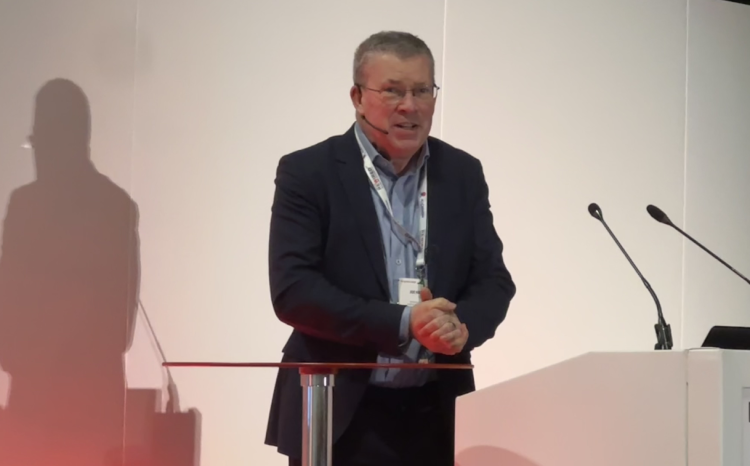Reboot for South
- 2 June 2005
 Jon Hoeksma
Jon Hoeksma
IDX’s sacking as clinical software provider in the South of England has been rumbling around the healthcare IT business like an approaching thunderstorm since March when it was confirmed that some suppliers to the National Programme for IT were not delivering the goods.
It didn’t take long for the rumour mill to come up with IDX’s name as the party most likely to get the push. The only question that remained was when the lightning hit might occur.
With a general election in the offing, sterling efforts were made keep the lid on the situation with no e-mails exchanged and no document trail that might leak to the press. The paralysis already induced by IDX’s failures was compounded as the affected areas of the NHS waited for the announcement that would allow them to start again.
The full impact of IDX’s replacement on the success of the ten-year NHS IT modernisation programme is too early to gauge yet. What is clear though is that it will prove an acid test of the guiding principles of the programme.
At one level it would appear to be a vindication of the famously tough contracts negotiated by the Department of Health with suppliers. Crucially these were signed with heavyweight service providers – Accenture, BT, CSC and Fujitsu – who have responsibility for delivering software and services. The contracts ensure payment is only made on delivery and that failing sub-contractors can be replaced.
Viewed from this contractual perspective the NPfIT is working to plan. Fujitsu has failed to deliver and so not been paid, as a result it has had to take remedial action in the shape of replacing its key sub-contractor.
The point was stressed at a conference last month by the man who led contract negotiations, NHS IT director-general, Richard Granger: “One of the things that is fundamentally different is that we are not paying for their failure."
It is also clearly makes sense to replace a key contractor at an early stage, rather than further down the road when the switching costs and disruption would be much greater. Cerner, the likely replacement supplier, is a highly regarded by clinicians who have seen it and is generally regarded as a fully integrated system.
Late delivery
Viewed from the perspective of delivery, however, this week’s announcement just highlights the extent of failure in the South of England. Seventeen months after NPfIT awarded a £896 million contract to Fujitsu, the prime contractor has not begun to implement patient information systems, let alone electronic patient records.
The delivery schedule is already running at least nine months late and there is every prospect the schedule will continue to slip. Though it is expected Fujitsu will sign with Cerner no deal has yet been done.
Assuming that a deal is signed – and Cerner must surely be in a strong negotiating position – the company is likely to have to invest considerable effort to ensure its Millennium product meets NPfIT specifications. However, the system passed NPfIT’s tests during the 2003 procurement and Cerner already provides the national Choose and Book software, which has the closest integration with the data spine.
One NHS IT leader has told EHI that to help prevent delays Cerner will be expected to implement the version of Millennium it has been putting into Homerton NHS Trust, and that this will initially be a stand-alone product not linked to the NHS spine. EHI understand the aim is to push through six initial implementations in the South by the end of April 2006.
An industry source, close to the deal done in the South, stressed that the London and Southern clusters were inextricably linked, based on the delivery of a ‘common solution’ across the two regions that would enable huge projected economies of scale across one "super region". This is understood to have been a major factor in enabling Fujitsu to bid the relatively low price of £896 million for the most populous region of the country, compared to £978 million for the North East or £973 million for the North West.
Without the economies of scale offered by delivering a solution across a "super region", Fujitsu is likely to find it extremely tough to deliver the specified solution to the contract price. BT, the local service provider (LSP) in London, is also likely to feel the consequences of now being the only LSP left delivering committed to delivering IDX.
Another industry source stressed that one of the positives that will come out of IDX just focusing on London and Cerner on the South should be greater industry capacity to deliver.
Ultimately though the key test remains whether this week’s contractual shenanigans will improve the chances of the NHS being able to systematically harness modern IT systems to deliver better care to patients – in the South of England at least it remains far too early to tell.




